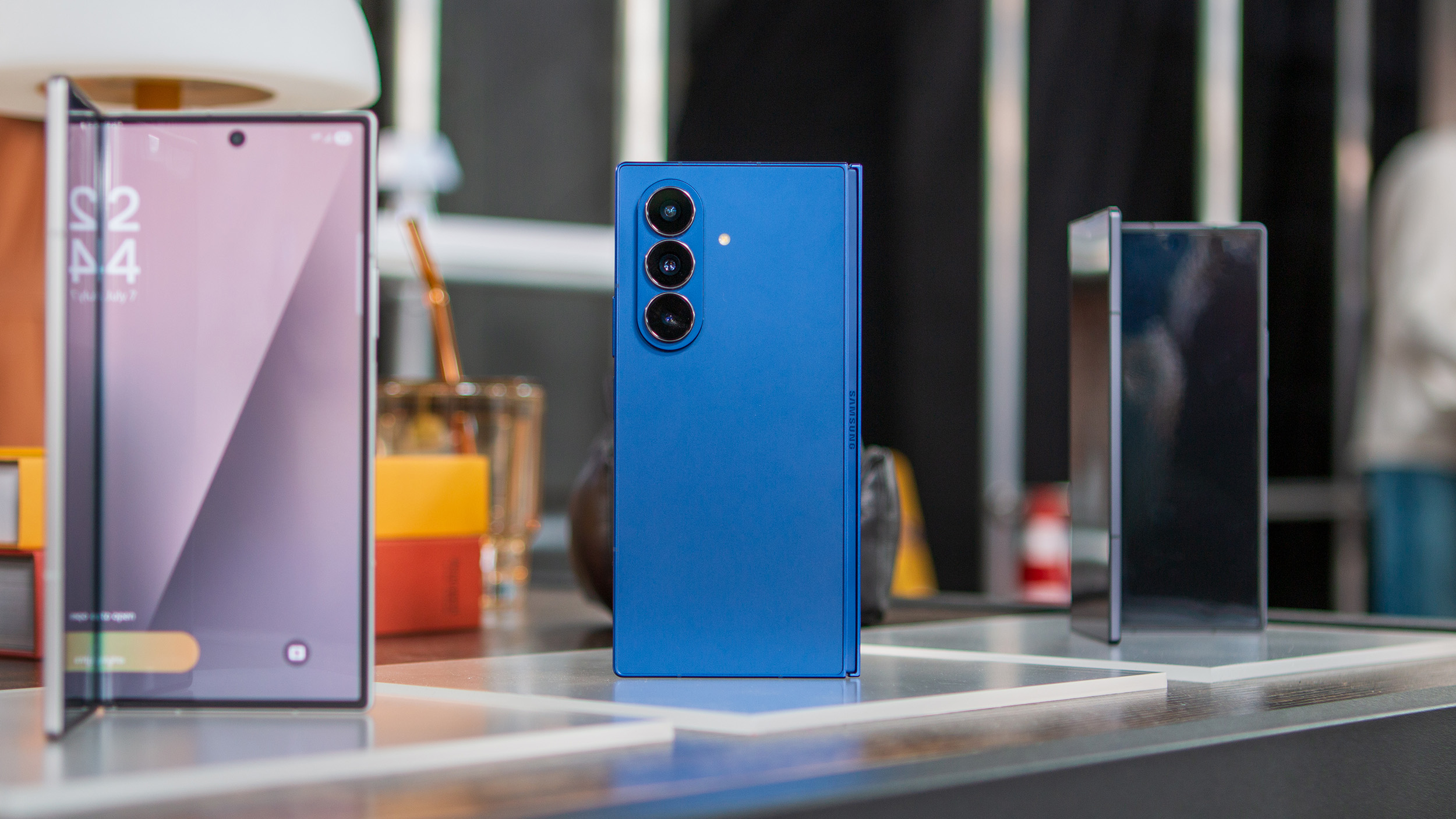Kaspersky vs. Bitdefender: Which antivirus is best?
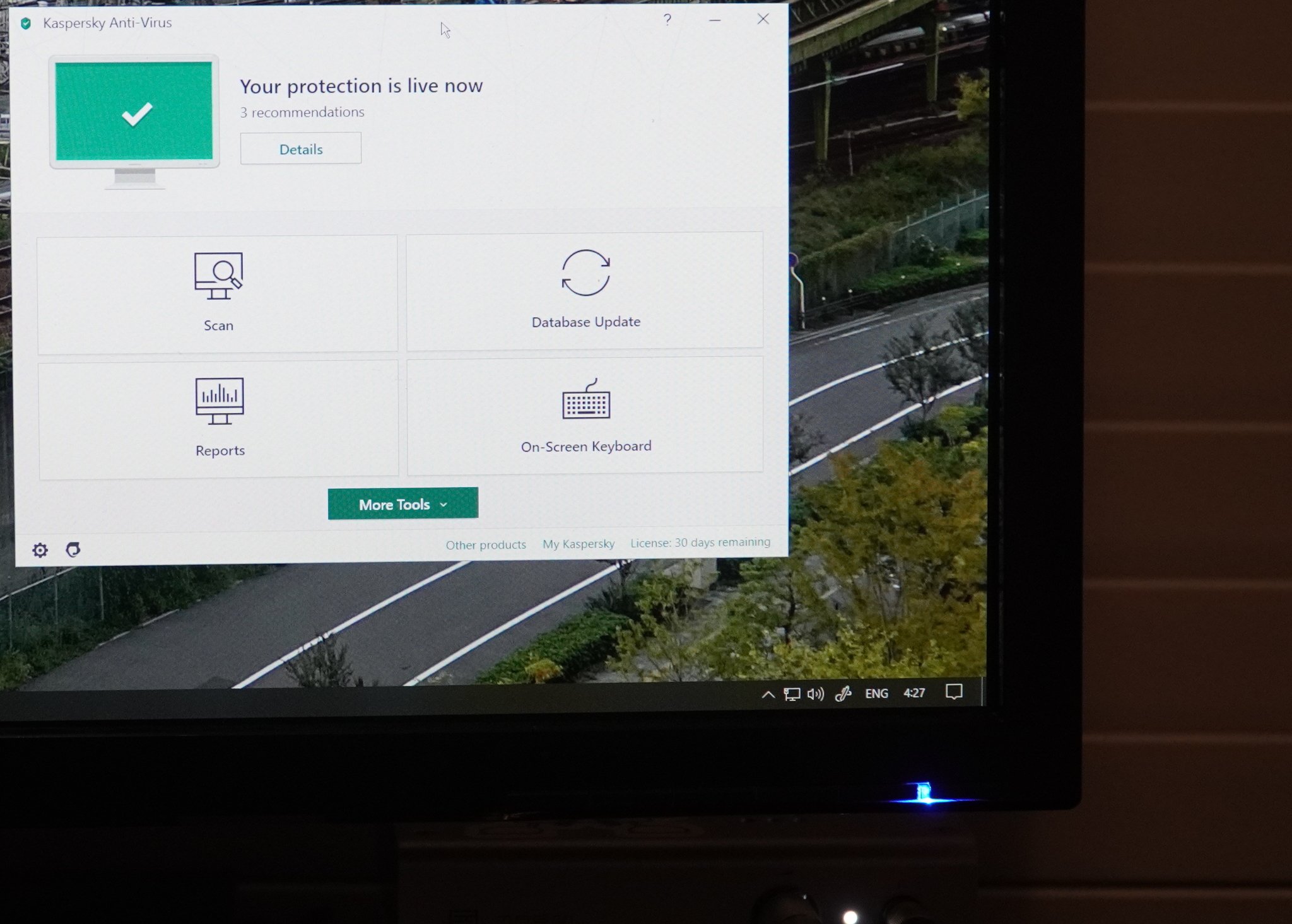
Get the latest news from Android Central, your trusted companion in the world of Android
You are now subscribed
Your newsletter sign-up was successful
Kaspersky Anti-Virus
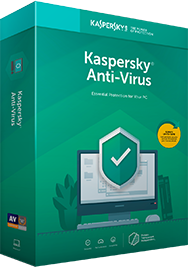
Kaspersky delivers a lightweight antivirus service with a clean user interface. Scans are easy to perform and can even be deployed from the web with My Kaspersky. Some nice extras such as a virtual keyboard and a threat scanner are also nice to have.
Kaspersky Anti-Virus
Reasons to buy
Reasons to avoid
Bitdefender Antivirus Plus 2020

Bitdefender Antivirus Plus offers quick and full scans, as well as real-time protection. You also get in-browser protection as well as some additional programs like a file shredder, a secure web browser, and access to your security software online or in an app.
Bitdefender Antivirus Plus 2020
Reasons to buy
Reasons to avoid
Both of these products do what they set out to with a high degree of success. If you're just looking for a simple antivirus program to warn you of threats, should they appear, either of these programs will work great. They both contain in-browser protection as well as background scanning. The biggest differences come in the user interface and the extra features. Kaspersky overall has a cleaner design and more straightforward options.
How much security do you need?
Many people don't think too much about antivirus software anymore especially since Windows comes with a decent antivirus program built-in. For the most part, Windows Defender does its job well, but it's a very basic antivirus program and if you want your security to run a little deeper, one of these programs will be a great choice. When it comes down to basic virus scanning and threat detection, both of these programs sit at the top of the pile with near-perfect scores. That is to say, both of them outperform Windows Defender.
| Header Cell - Column 0 | Kaspersky Anti-Virus | Bitdefender Antivirus Plus |
|---|---|---|
| 3 Device renewal | $60 per year | $60 per year |
| 5 Device renewal | $80 per year | $70 per year |
| Quick Scan | ✅ | ✅ |
| Full Scan | ✅ | ✅ |
| Anti-malware | ✅ | ✅ |
| Cryptomining protection | ✅ | ✅ |
| Web Interface | ✅ | ✅ |
| Secure browser | ❌ | ✅ |
| Cloud real-time protection | ✅ | ❌ |
| VPN | 300MB per day | 200MB per day |
Neither VPN included with these antivirus packages is particularly impressive. It's nice to have something there just in case but if you are spending a lot of time on public Wi-Fi, a more substantial amount of data will be necessary. The small amount included feels more like an advertisement than a helpful feature.
Protection
Both Bitdefender and Kaspersky keep things simple for the most part with real-time protection and scanning. This will check the websites you visit and the files you download for potential threats. Kaspersky also has a feature called Cloud Protection that can share much more quickly than simply downloading definition updates periodically. While this does mean you will need to leave it connected to the server, it can greatly improve the speed threats can be detected.
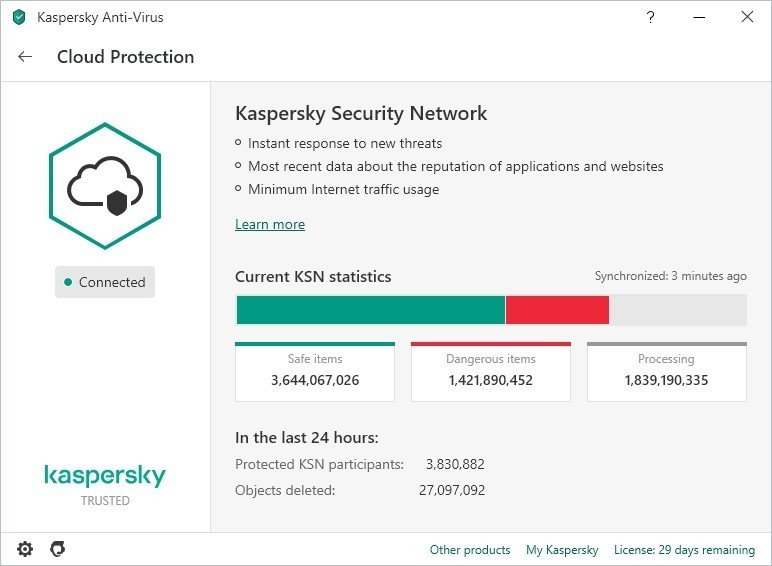
A full system scan is available on both, which will check all of your drives and file locations for any security threats. Most of the scans performed will be quick scans, which will check common locations that malware might use. These scans will run in the background or they can be triggered manually. Typically they will only run while you aren't doing anything else on your computer so it doesn't slow down your work. If you're on a laptop, it will pause if you're on battery power.
Get the latest news from Android Central, your trusted companion in the world of Android
The inclusion of Cloud Protection helps Kaspersky stand out as a better choice if you want the most up to date protection.
Extras
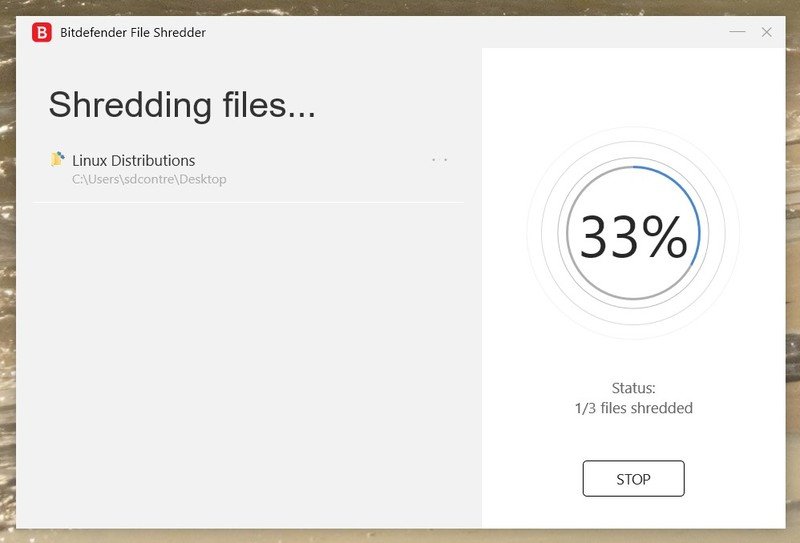
Bitdefender has a secure browser that can be used if you're unsure if your browser has been compromised. This can be a great way to be sure your data is secure during activities like online banking. There is also a file shredder feature that can be used to securely erase files from a traditional hard drive. By writing the files over with data in several passes, it can prevent file recovery if the hard drive is stolen or if a computer is sold.
Kaspersky has an on-screen keyboard you can use to shield your typing from keyloggers. You can also install Kaspersky's browser extensions to recognize safe or dangerous sites, or even just portions of sites that might be malicious. Bitdefender has a similar extension available as well. I visited some antivirus test sites and both of the programs were able to pick up the threats immediately.
Kaspersky's Threat Detector was able to find some out-of-date programs installed on my system that had security vulnerabilities. One program was 7-Zip, which I probably wouldn't have thought twice about using without an update. Thankfully, Kaspersky provided a full report of the issue and which version I needed to be secure.
I find that I don't do anything sensitive enough to require a separate browser, making Bitdefender's inclusion of that feature feels a bit more theatrical than practical. File Shredder is nice but feels progressively more useless with SSDs becoming the norm for storage. Overall, Kasperky's collection of extra features feels more useful and more focused.
Kaspersky security concerns
In 2017, Kaspersky was accused of having ties to the Russian government, which prompted the software to be banned from being installed on U.S. government computers. While these allegations were never proven, many people have stayed cautious of the software. It's worth mentioning that while the U.S. government does not allow the software to be installed, it has never issued warnings to consumers about the software.
Naturally, Kaspersky has denied assisting any government with spying and maintains its innocence. Kaspersky has also recently moved its data processing to Switzerland in an attempt to inspire consumer confidence.
It's not something that the vast majority of home users will need to worry about, but if you have a federal job or are worried about your privacy, you might be better off going for Bitdefender for your peace of mind.
Look and feel
Bitdefender has a classic layout with the main things you need front and center. While it's control panel isn't the simplest to use, for the most part, you'll only ever use it when you first set up the program, and then you can forget about it. That being said, it won't take too long to figure out what you're doing, especially if you've ever used antivirus software before.
Kaspersky's software feels a bit more thought out with a simple, yet functional layout with nearly every control you would ever need accessible from the first screen. Settings are simple enough with a slider for scan frequency and options to pause background activity with Game Mode in Windows 10. This feels a bit more polished than Bitdefender's profiles, but neither seems to have a significant effect on gaming performance.
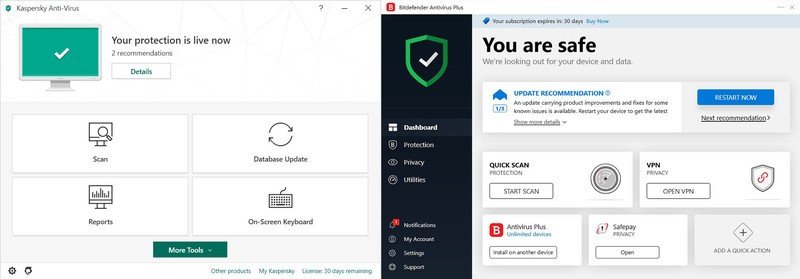
Both of these packages manage to stay reasonably lightweight, although Kaspersky has gone to greater lengths to make its software feel lighter and it only uses significant system RAM while performing a scan.
Both programs have a web interface that is capable of starting scans and updating definitions. Bitdefender Central and My Kaspersky are great additions if you want to manage your security software from another computer online.
Which should you buy?
When it comes down to it, these are two of the best options for antivirus around and they trade blows in just about every category. Which one you pick is going to have more to do with which one feels better to use or fits in with your usage more.
While Bitdefender's great apps and easy online controls are great to use, Kaspersky's solution feels a bit more complete and is quicker to learn and understand. If you think you'll find a good use for Bitdefender's secure browser or even it's file shredder, you can't go wrong with the rest of the package. Overall, Kaspersky feels like a more mature product and it has the reviews to back up its effectiveness.

Handy extra features included
Bitdefender Antivirus Plus has all the features you want in a simple package. Bitdefender Central on the web or in the app is one of the easiest ways to control antivirus software.

When Samuel is not writing about networking or 5G at Android Central, he spends most of his time researching computer components and obsessing over what CPU goes into the ultimate Windows 98 computer. It's the Pentium 3.
